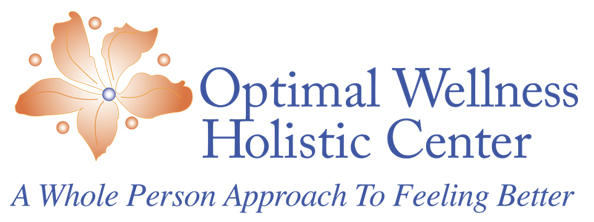Are you suffering from Weight Gain, Depression, Cold Hands and Feet, Fatigue, Muscle Aches and Cramps, Constipation , Hair Loss or Mental Sluggishness?
If so, you could possibly have hypothyroidism (an under functioning thyroid) and not even know it.
Over and over we’ve see patients in our office that have told us that they’ve suspected for years that they had something wrong with their thyroid, yet each time their doctor tested for problems, the tests always came back as normal. After we correctly tested and properly interpreted the range, we found out that they actually did have a hypothyroid problem or a defect in their thyroid metabolism.
Unfortunately this is not a rare occurrence as thousands and thousands of people are walking around undiagnosed, having no idea why they don’t feel well. Why is this happening?
Many doctors do not test for all the important markers and the lab results may fall into the “reference range”. Patients are told that they are normal and the symptoms of hypothyroidism are dismissed. The problem may not be with the patient but with the interpretation of the “reference range”.
The most common lab test for hypothyroidism is a TSH test. For most labs, the reference range for TSH is between 0.5-5.0. However, there may be those who fall into the upper end of the usual reference range and may be mildly hypothyroid. The TSH range we use in our office is 1.8 to 3mIU/L.
Although there are many medical organizations that are now suggesting that the old reference range is too broad and doesn’t catch those who are mildly hypothyroid, and issues like this are very slow to change and most doctors just go by the reference range that they have been used to.
In our office, we are aware of these discrepancies in the reference range. We actually use two reference ranges: reference ranges from the labs and very narrow functional ranges that has been established by the American Society of Endocrinology. Also, whereas most traditional doctors only order 1-2 (TSH and T4) markers for their thyroid panel, we order a comprehensive thyroid panel that can contain up to 9 (TSH, Total T4, free T4, Total T3, free T3, reverse T3, T3 uptake, 2 thyroid antibodies) different thyroid markers to get the full picture.
